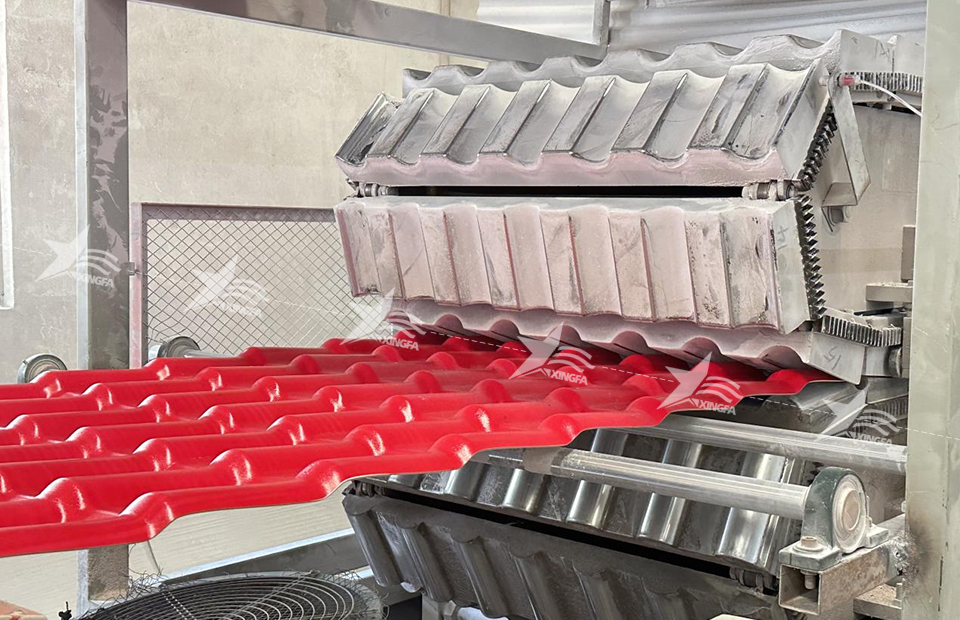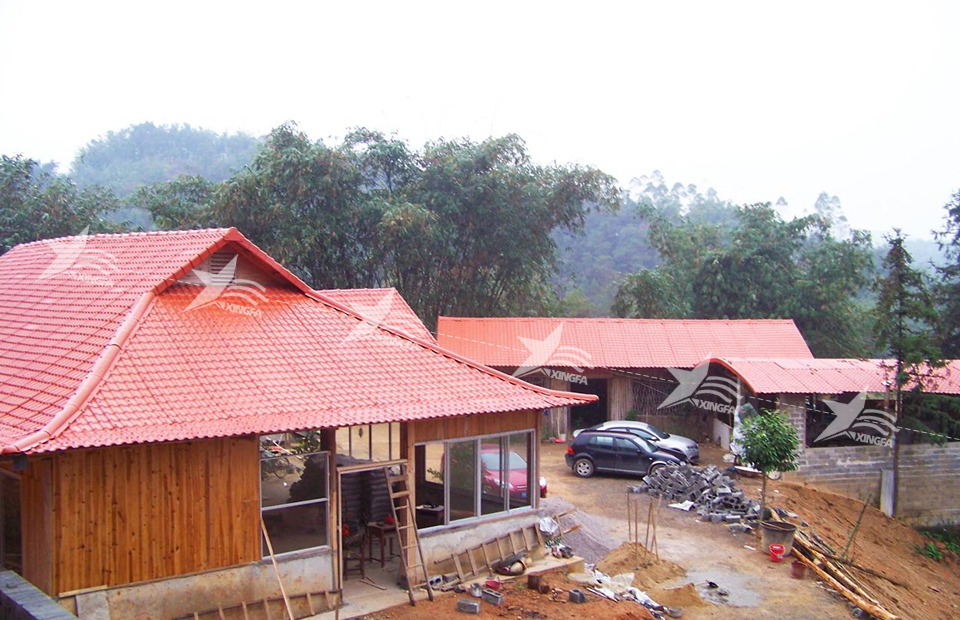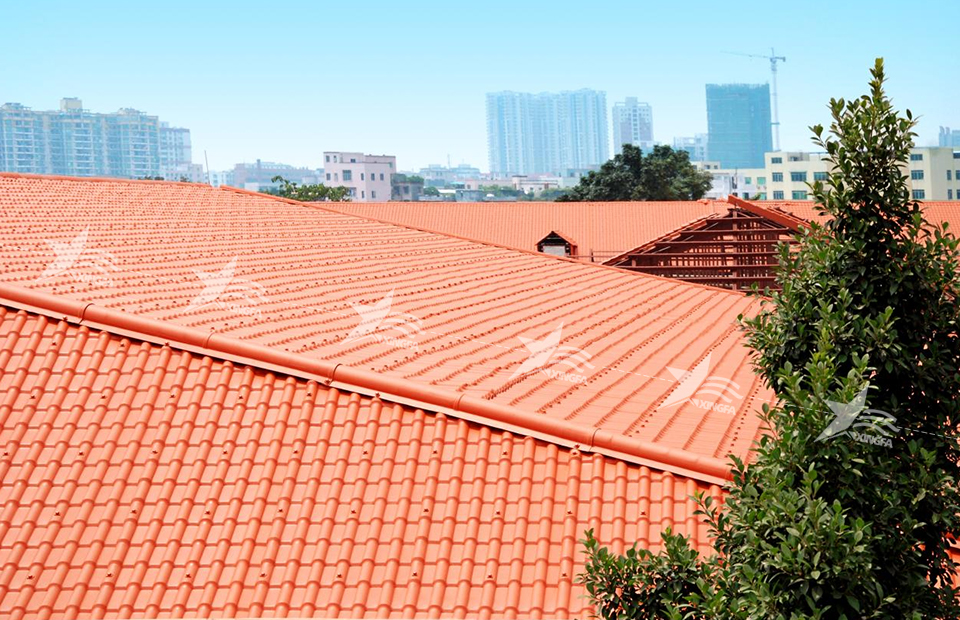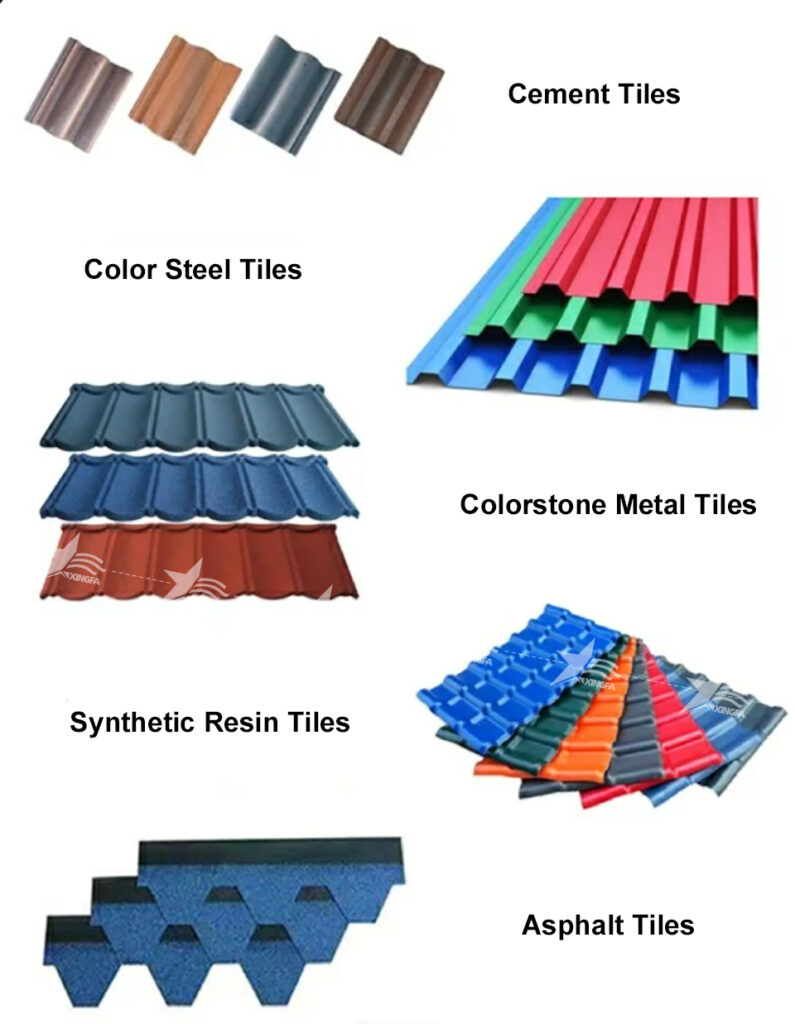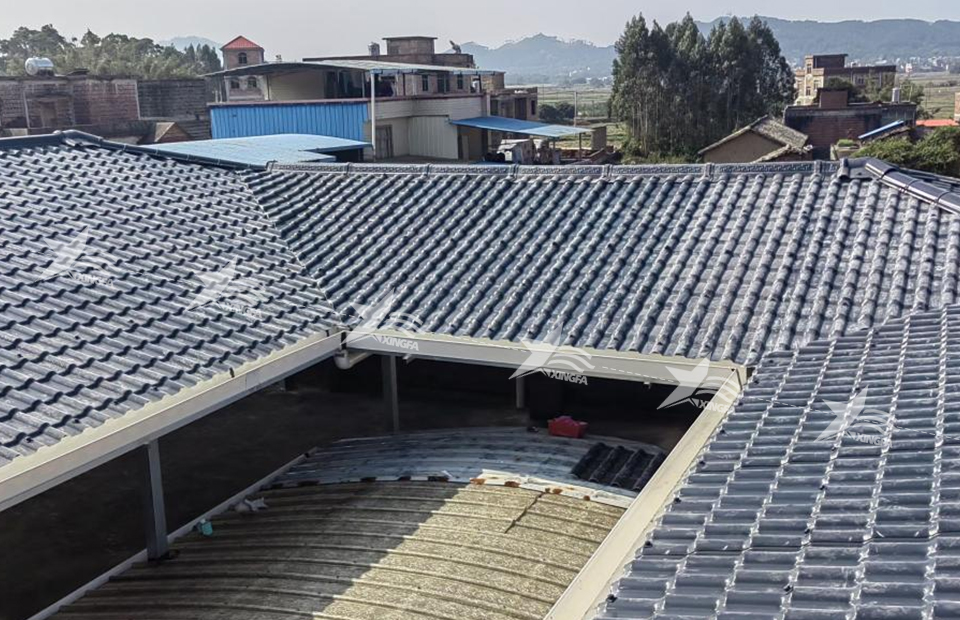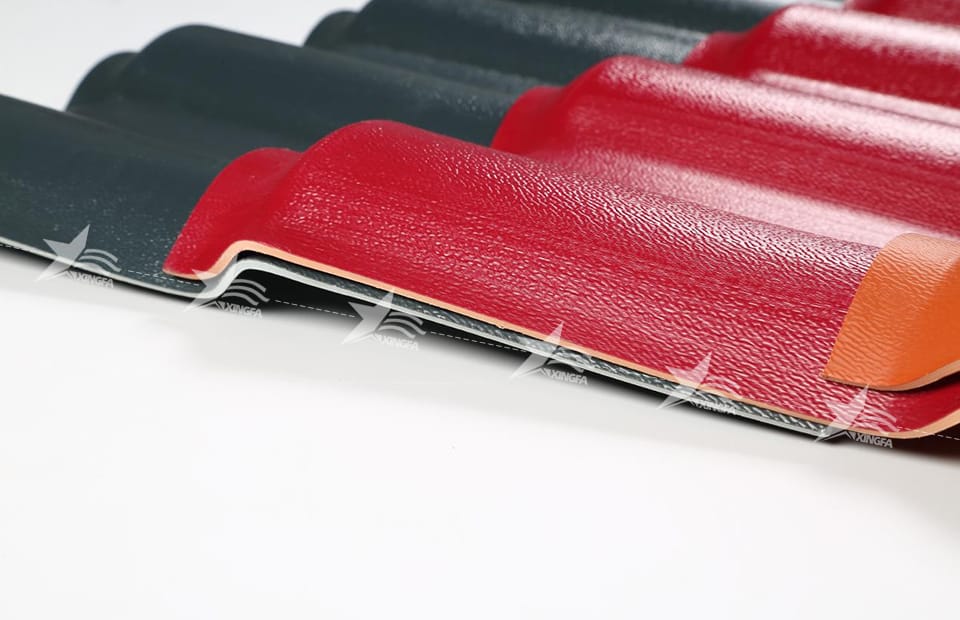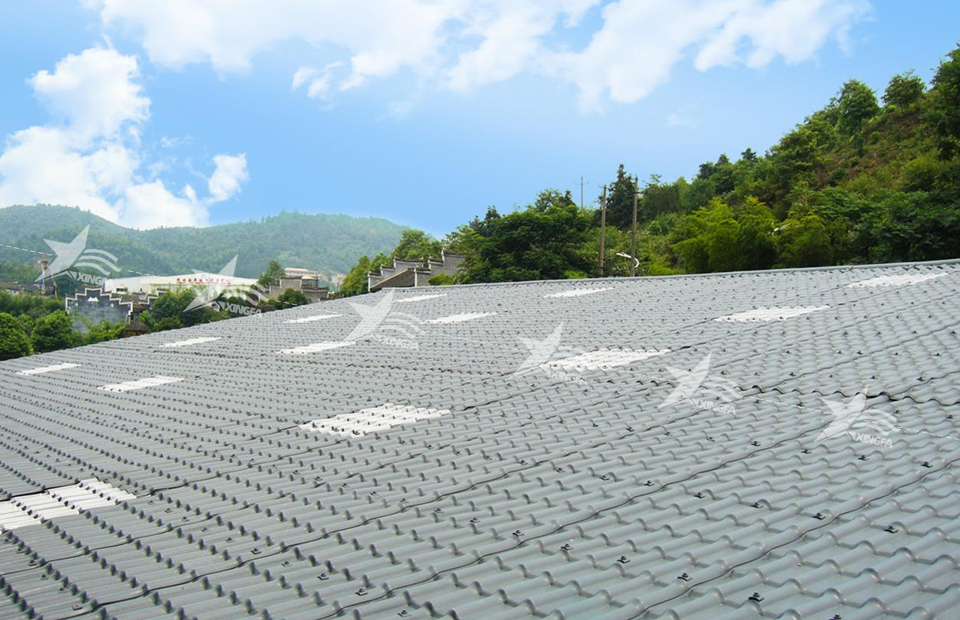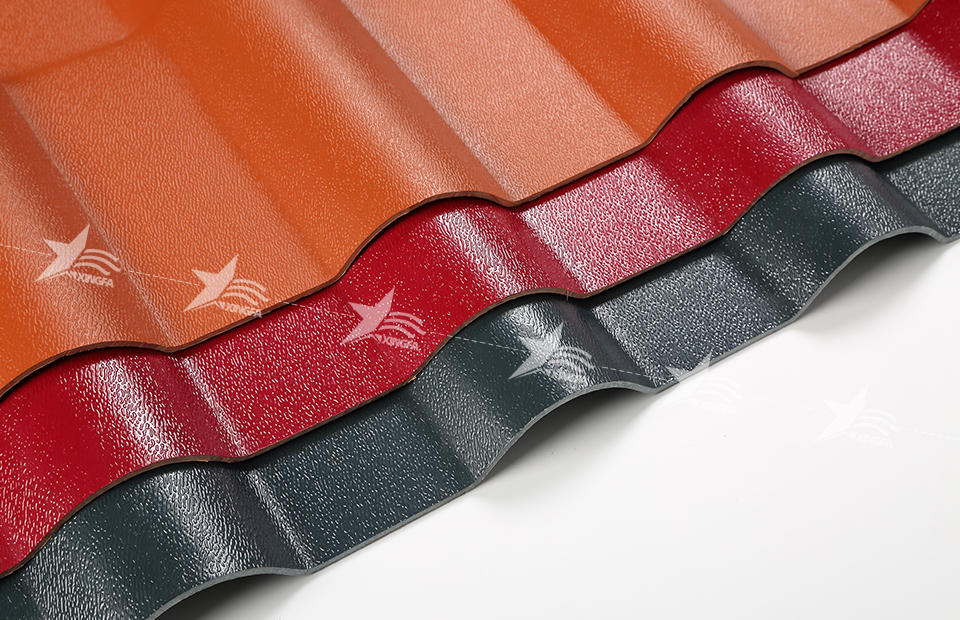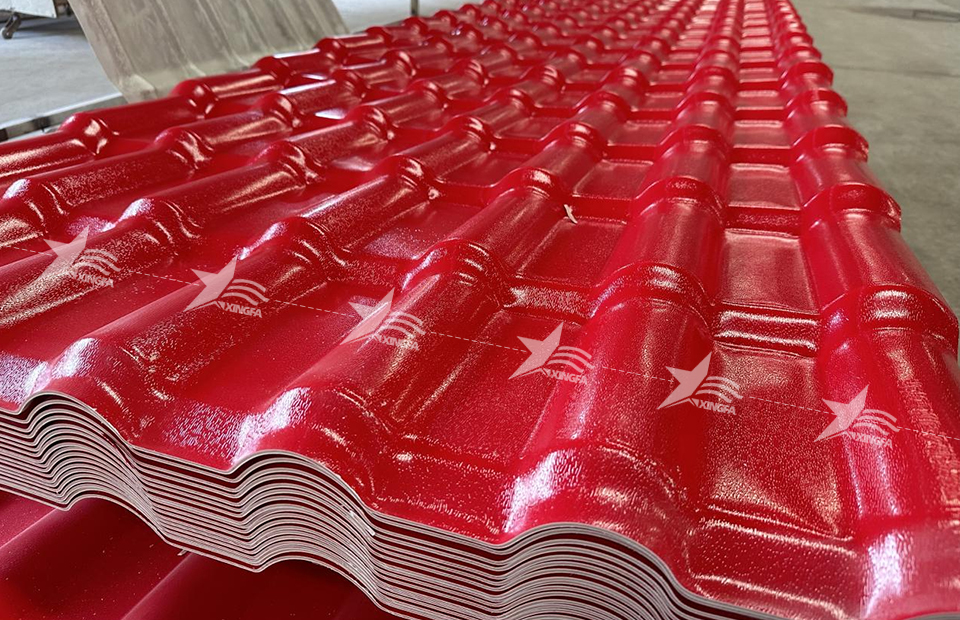As synthetic resin tiles gain popularity, they have become a mainstream roofing choice due to their lightweight design, easy installation, durability, thermal and sound insulation, corrosion resistance, wind and earthquake resistance, waterproofing, and anti-fouling properties. However, with increasing market demand, some manufacturers cut corners and produce subpar products, resulting in inconsistent quality across the industry.
To help consumers avoid falling into traps, here are five key techniques to identify high-quality resin tiles before making a purchase.
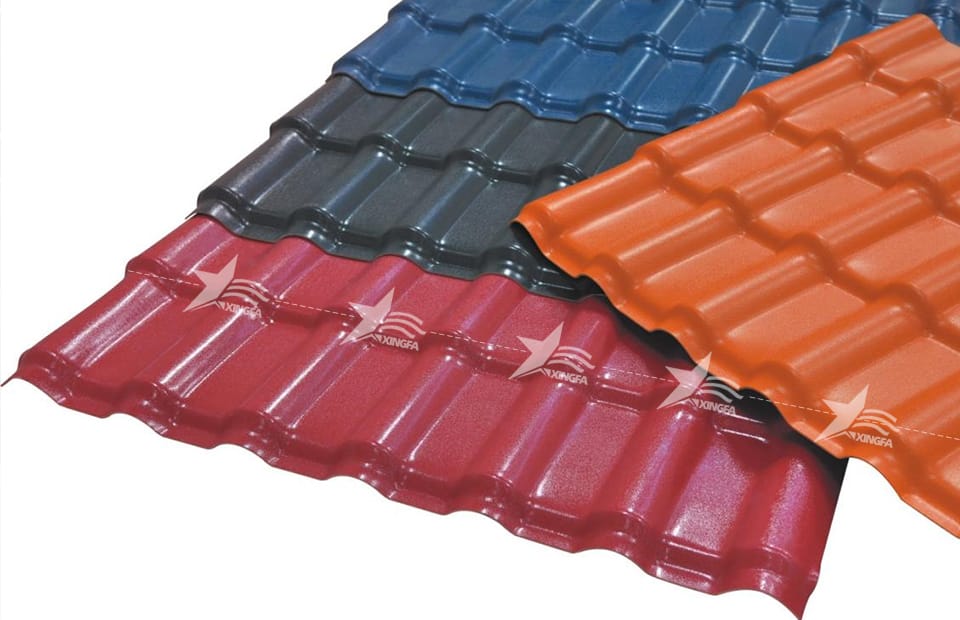
1. Visual Inspection – Check the Appearance & Texture
✅ High-quality resin tiles have a smooth surface, sharp contours, and clear, natural textures. The cut edges are neat, and the bottom color is uniform with a glossy surface layer.
❌ Low-quality tiles may have uneven coloring, rough textures, blurry patterns, or visible defects such as bumps or indentations.
2. Sound Test – Assessing Material Quality
Gently knock two tiles together.
✅ A high-quality resin tile produces a deep, solid, and muted sound due to its lightweight foamed insulation layer.
❌ Inferior tiles produce a crisp, hollow sound, indicating heavier materials with poor insulation properties.
3. Strength Test – Bending for Durability
✅ Premium resin tiles can withstand over 200 kg (440 lbs) of weight and do not break easily when bent with force.
❌ Low-quality tiles are brittle and may snap easily under pressure.
4. Fire Resistance Test – Detecting Safety Standards
Cut a small piece of resin tile and set fire to one corner.
✅ Authentic high-quality tiles self-extinguish quickly and do not release harmful fumes.
❌ Inferior tiles burn continuously, emitting a strong, unpleasant odor and potentially releasing toxic gases.

5. Weight & Density Test – Evaluating the Composition
Resin tiles are made primarily from PVC and calcium carbonate (heavy calcium filler):
PVC density: ~1.4 g/cm³
Calcium carbonate density: ~2.7 g/cm³


